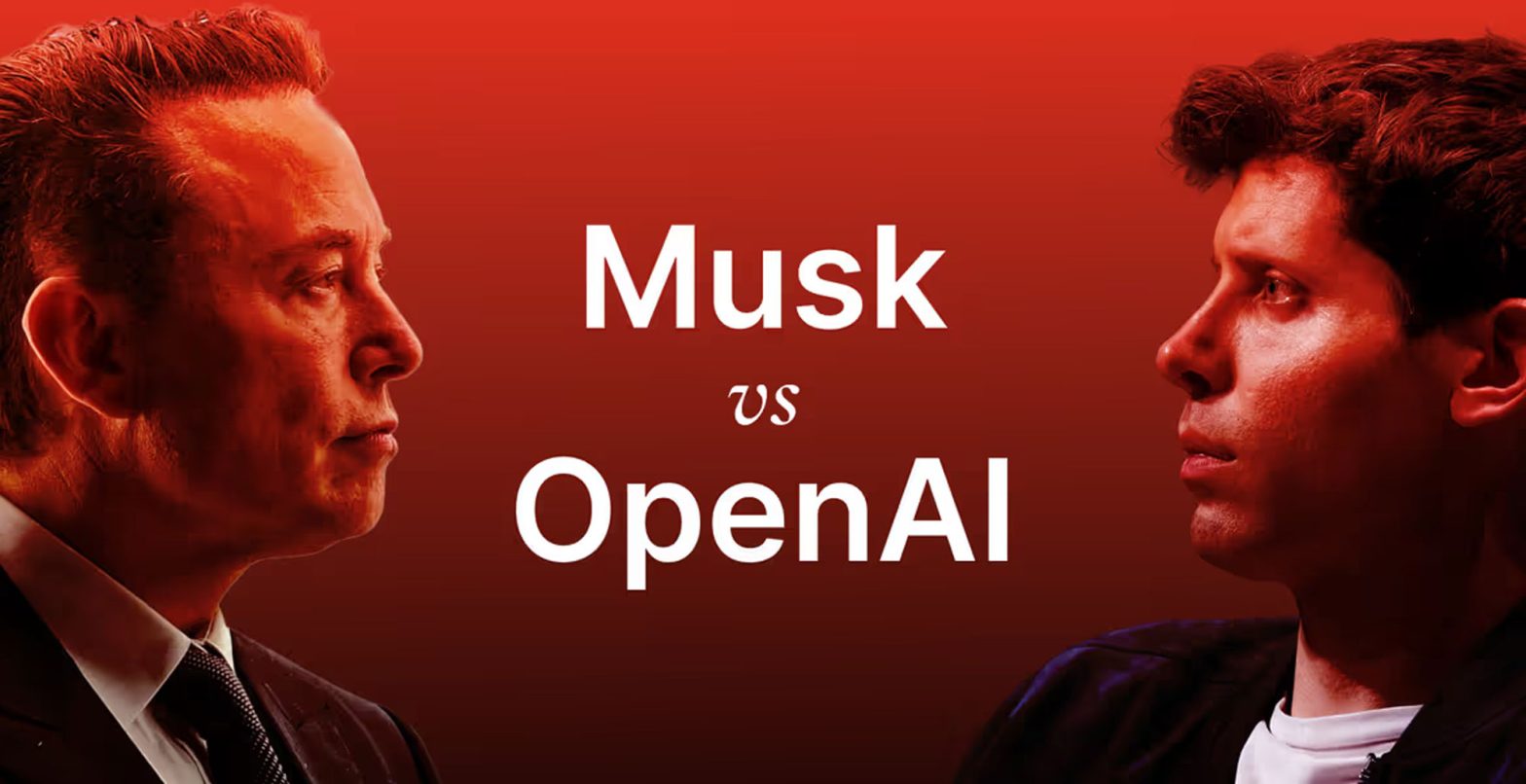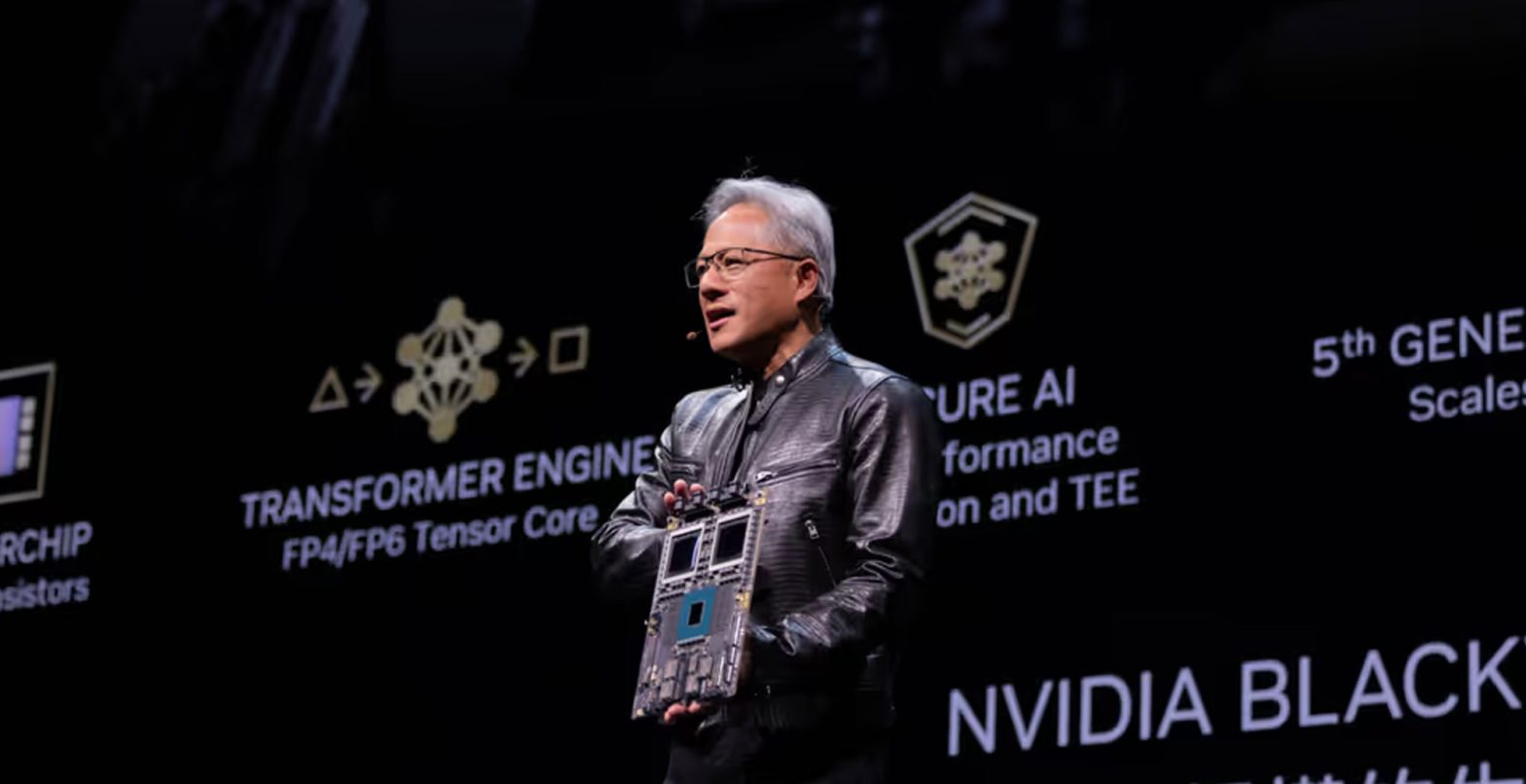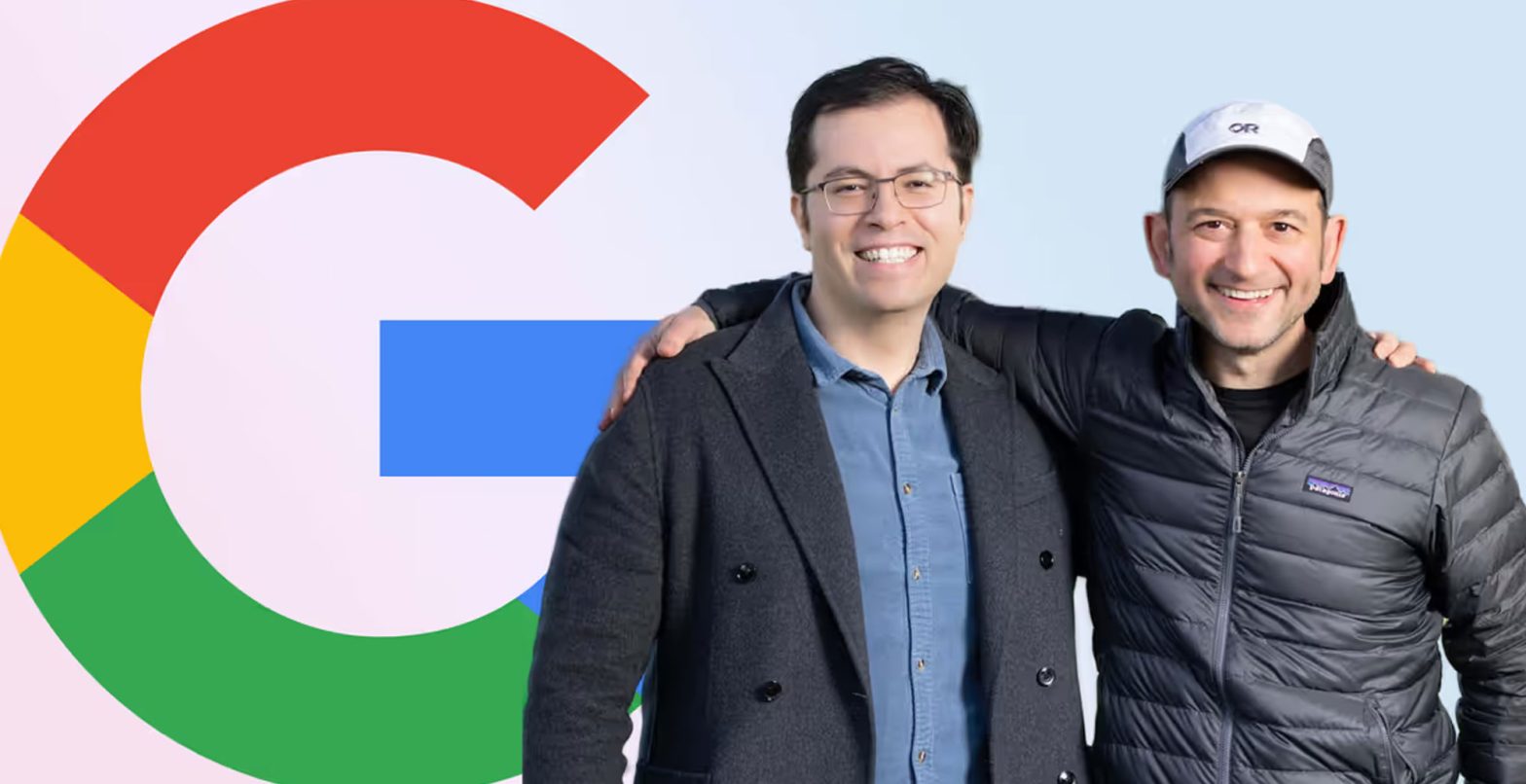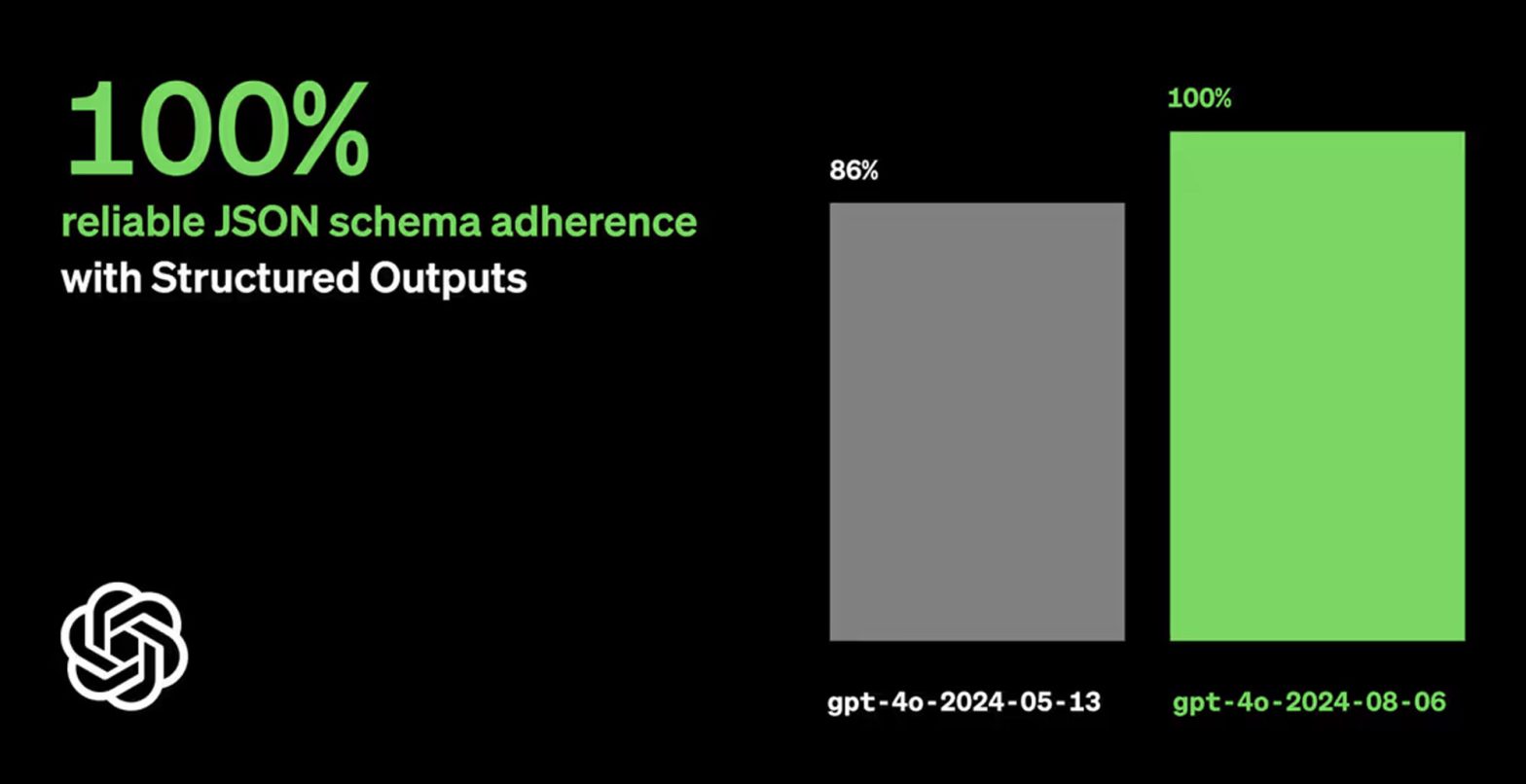Elon Musk has filed a new lawsuit against OpenAI and its founders, Sam Altman and Greg Brockman, accusing them of fraud, false advertising, and breach of contract. This latest legal action, filed on August 5, 2024, in federal court in Northern California, comes two months after Musk withdrew a similar suit filed in state court. It outlines a complex narrative of alleged deception and breach of agreements.
Musk claims that Altman and co-founder Gregory Brockman induced him to help establish OpenAI in 2015 under false pretenses. He alleges they promised the organization would be a non-profit devoted to developing safe and open-source AI for humanity’s benefit. According to the lawsuit, Musk contributed over $44 million to OpenAI between 2016 and 2020, believing it would remain true to its non-profit mission and focus on open-source AI development.
A key contention in the lawsuit revolves around OpenAI’s recent AI models, particularly GPT-4 and its successors. The lawsuit accuses OpenAI of abandoning its open-source principles, particularly with the development of GPT-4 and subsequent models, which have been kept closed-source. Musk argues that OpenAI’s partnership with Microsoft, including an exclusive license for its technology, violates the company’s founding agreement and non-profit mission.
Musk says these models potentially constitute AGI, defined in the complaint as “a general-purpose AI system—a machine having intelligence for a wide variety of tasks like a human.” The suit claims OpenAI’s licensing agreement with Microsoft excludes AGI. Musk contends that if GPT-4 and subsequent models are indeed AGI, they should be excluded from this agreement and made openly available.
Furthermore, Musk alleges that Altman and others engaged in self-dealing and rampant profiteering through a complex web of for-profit entities associated with OpenAI. The complaint details the November 2023 incident where Altman was briefly ousted as CEO, claiming it was due to his lack of candor with the board and conflicts of interest.
The lawsuit includes 15 counts, ranging from promissory fraud and breach of contract to violations of the RICO Act and false advertising under the Lanham Act. Musk is seeking various forms of relief, including compensatory damages, disgorgement of profits, and a judicial determination regarding the validity of OpenAI’s license to Microsoft.
This legal action comes amid growing scrutiny of OpenAI’s practices, including investigations by federal agencies, high profile departure, and concerns raised by former employees about the company’s shift away from focusing on AI safety. The case highlights the ongoing debates in the AI industry about balancing technological progress with ethical concerns and public benefit.
In response, OpenAI pointed to a previous blog post regarding their position on Musk’s claims, and affirming their commitment to building AGI for the public good. The company has yet to comment on the new lawsuit.
Musk, who left OpenAI’s board in 2018, now leads xAI, a competitor to OpenAI. He is seeking a jury trial to establish a legal definition of AGI, resolve these disputes and hold OpenAI accountable for what he describes as “Shakespearean” levels of betrayal and deceit.






